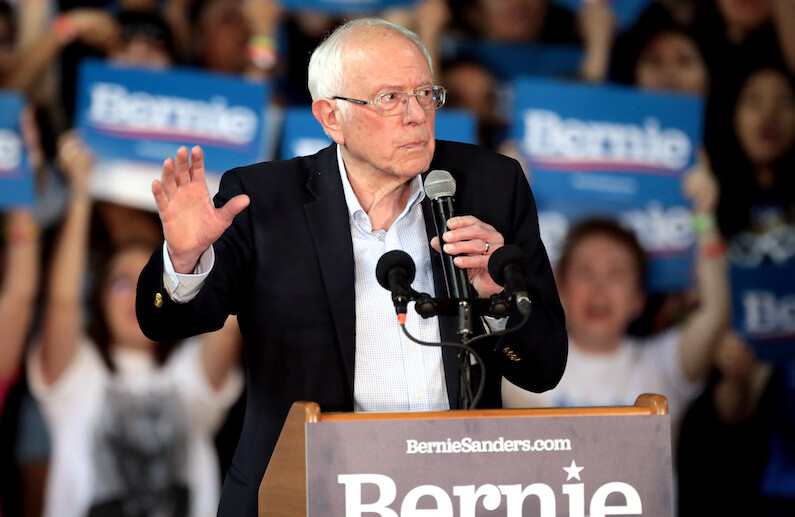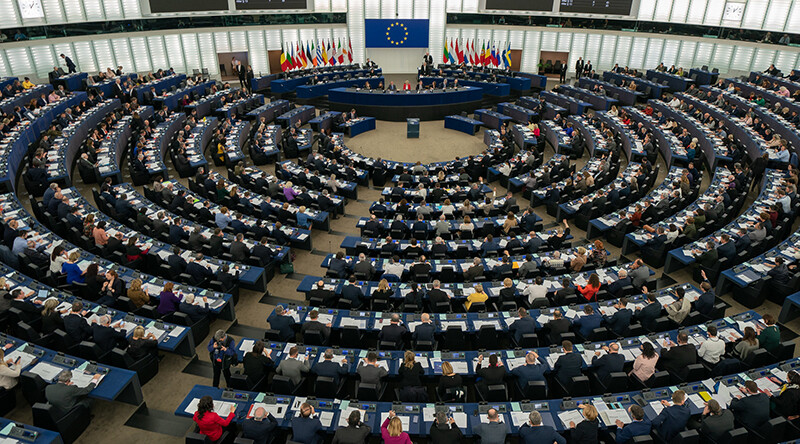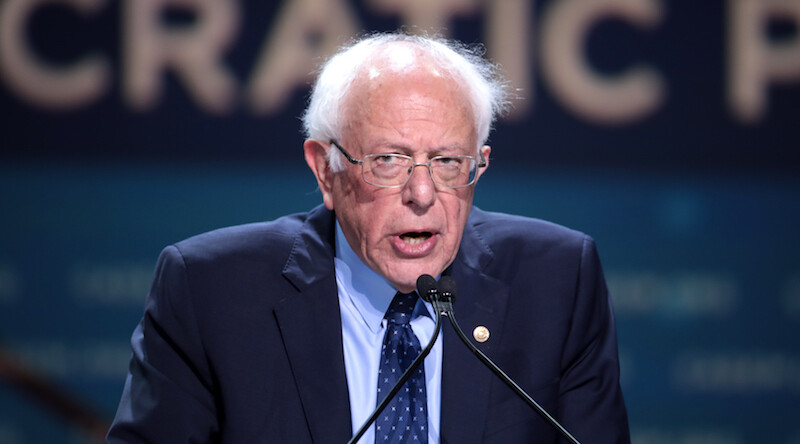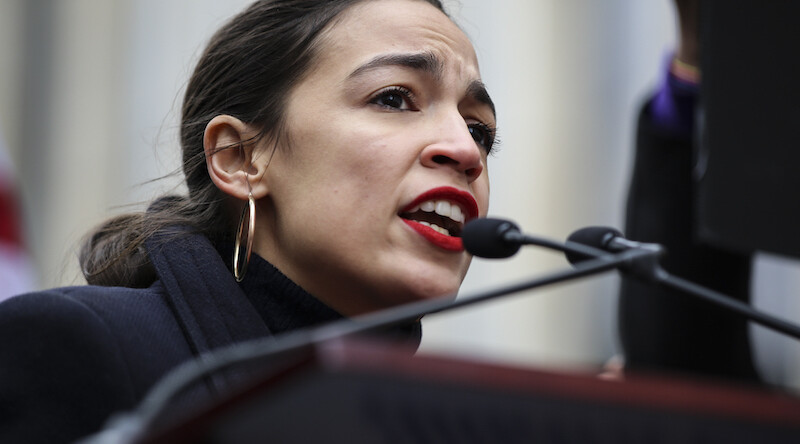This article first appeared on the Ethics & International Affairs blog.
Senator Bernie Sanders has ended his campaign to obtain the Democratic Party's nomination for the presidency, but said that he will remain on primary ballots to continue to amass delegates in an effort, as he put it, to shape the direction of the party. For his part, the presumptive nominee, former Vice President Joe Biden, has pledged that he will find ways to incorporate Sanders' ideas into his own campaign.
Most observers see this as occurring largely within the realm of domestic policy—especially with regards to health care and tax policy. But will this also apply to international affairs? After all, there were some significant differences between the two candidates, especially with regard to the scope and range of American involvement in international affairs.
Yet there are signs that the Biden campaign may seek to narrow the gap. This has some interesting implications for the overall narrative on foreign affairs Joe Biden may present in a head-to-head match-up with Donald Trump. For one thing, Biden's campaign has indicated that they will devote more focus to climate change as an issue—although perhaps not raising it to a central organizing principle for how the United States engages with the world. Biden may be inclined in 2020 to accept a degree of recalibration on free trade pacts and expanding alliance commitments, while Sanders would help strengthen the "democratic community" leanings: that the U.S. should focus its efforts on privileging trade and security ties with other democracies. Some of this flows from a recognition that a wholescale reversal to pre-2016 policies is less feasible given shifts in public opinion over the last four years.
What will be interesting to observe is whether convergence between Sanders and Biden occurs over the issue of China. Josh Rogin has published some very interesting poll results that suggest that concern about China, especially in the wake of the coronavirus crisis, is emerging as a unifying issue across the United States. A partial decoupling from China over trade, human rights, and coronavirus would appeal to disparate constituencies within the Democratic coalition—populist, human rights, and national security constituencies.
If Biden chooses to run a unity ticket, will he seek to amalgamate pieces of different foreign policy narratives into an overarching vision? The signs suggest that he will critique the "America First" approach of the Trump administration as an America alone, and offer a calibrated America with allies alternative.





